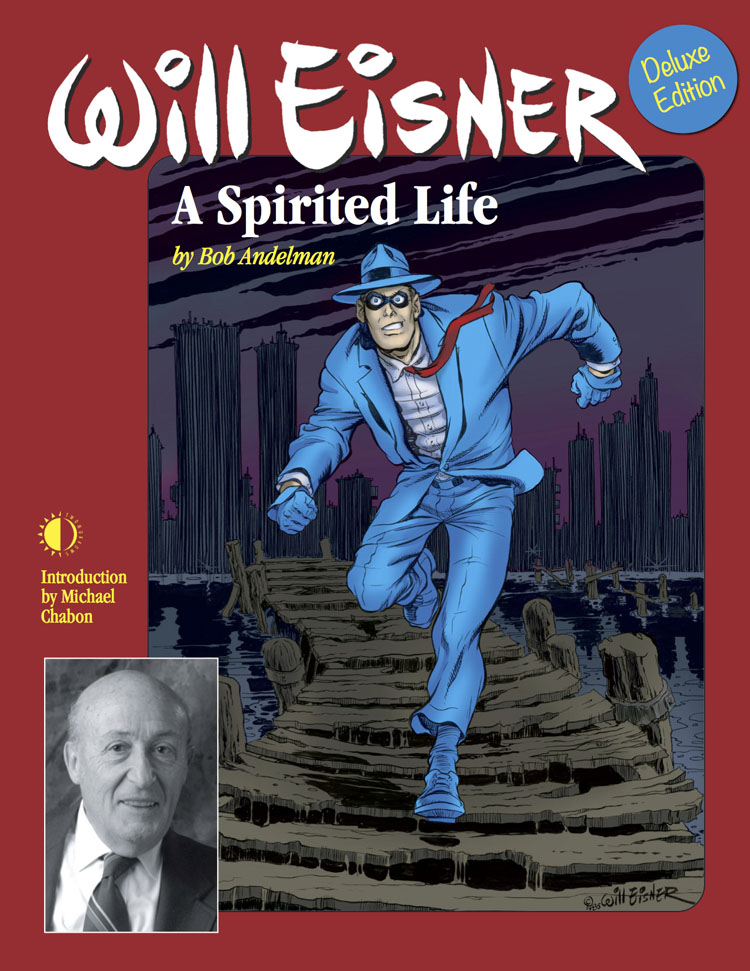 Image via Wikipedia
Image via Wikipedia

Mr. Media® Radio Network • Email • Twitter • Facebook • LinkedIn • YouTube • Stitcher
By Abhijit Gupta
November 4, 2011
It has taken ‘Tintin’ a long time to cross the Atlantic. A small matter of nearly 80 years till he has been finally Spielbergized. Some will cavil and say, no, he’s already been there, in ‘Tintin in America’, in 1930s’ Chicago, when Al Capone and his thugs dropped him through a trapdoor. But did they read him in the US? Remember, this was 1932, before the appearance of caped crusaders. No Flash Gordon, Phantom, Superman, or Batman. In fact, no superheroes at all.
Is Tintin the first superhero then? No and yes. No in the sense that he has no superpowers. Yes in the sense that his adventures are full of derring-do, good triumphing over evil, one-person vigilantism, etc. What would have happened if Tintin had taken root in the US? Would he have been allowed to remain the simple, boy-man figure he started out as? Or would the dark shadows of Gotham City have converted him into something more complex, a creature of light and shade?
Well, that didn’t happen, and Tintin stayed exactly the way he has, while the world around him changed beyond recognition. While the first dozen Tintin adventures were published over only 15 years (1929-44), the next dozen took nearly thrice as long (1943-86). Despite acquiring the services of Edgar Jacobs and the setting up of Hergé Studios in 1950, Hergé slowed down appreciably in the 1960s and 1970s. There were personal problems, and forays into film and merchandising, which account for the reduced pace.
But perhaps that’s not the whole story. In the 1960s, as Hergé was labouring over ‘The Castafiore Emerald’ and ‘Flight 714’, comics had gone supernova in the US. In New York, the incomparable Will Eisner had already been producing a wholly new and edgy superhero series called ‘The Spirit’, about the first—and probably only—middle-class superhero. In Cleveland, Ohio, a manic flower child called Robert Crumb was lighting the powder keg of the underground comix movement. In San Francisco, Trina Robbins was busy creating the ‘It Ain’t Me, Babe Comix’, the first all-woman comic anthology. And indeed, in Bengal, there was the unjustly forgotten Mayukh Choudhury, bringing a bit of the dark into the fledgling world of Bengali comics. Next to these, ‘Tintin’ seemed to be an anachronism from the Cold War years, a kind of sanitized James Bond from the ‘Boy’s Own Paper’.
Click HERE to Keep Reading!
Bob Andelman is the author or co-author of 12 books, including Mind Over Business with Ken Baum, The Consulate with Thomas R. Stutler, The Profiler with Pat Brown, Built From Scratch with the founders of The Home Depot, The Profit Zone with Adrian Slywotzky, Mean Business with Albert J. Dunlap, and Will Eisner: A Spirited Life. Click here to see Bob Andelman’s Amazon Central author page. He is a member in good standing of the American Society of Journalists and Authors (member page).
![]() Copyright 2011 Bob Andelman. Click here for copyright permissions!
Copyright 2011 Bob Andelman. Click here for copyright permissions!


